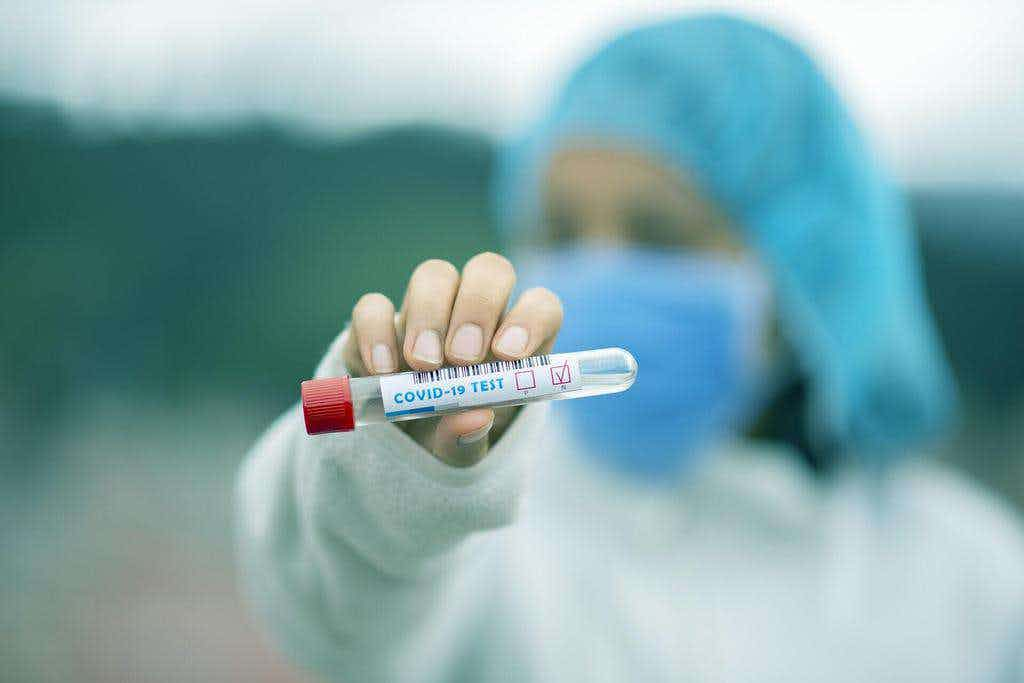Following widespread problems with the testing system, the government will publish further details of how it plans to prioritise coronavirus tests in the next few days.
The plan was called to action as Andy Burnham, the mayor of Greater Manchester, expressed concerns that time was running out to fix the system. He told the BBC’s Newsnight programme, "I think we have two or three weeks to fix these things. If we don't, the worry is we'll never gain control as we head into autumn and winter."
Burnham called on the government to work with local authorities to establish where there are shortages and where capacity should be focused.
On Tuesday, Bolton NHS tweeted that a high number of patients were turning up to A&E requesting a COVID-19 test. They also advised that, should patients be showing symptoms, they should not be turning up to the hospital. They tweeted a link to their advisory webpage which told people to self-isolate. The site also says that you can also book a test online or go to your nearest testing site.
The COVID-19 testing system has been the subject of severe criticism in recent weeks. Gorwing demand for tests has led to local shortages, with many people reporting problems trying to book a test online. Many people have also reported being directed to test sites hundreds of miles from their homes. Waits of days at a time for a test result are also common.
BBC reported that the labs responsible for processing swabs are unable to process swabs quick enough and are therefore becoming a bottleneck. Hugh Pym, BBC Health editor, suggested that there are enough test sights around, but labs are overwhelmed and unable to process samples quick enough.
When speaking to the house of commons on Tuesday, Secretary of State for Health and Social Care, Matt Hancock said, "Throughout this pandemic, we have prioritised testing according to need. Over the summer, when demand was low, we were able to meet all requirements for testing, whether priorities or not.
"But as demand has risen, so we are having to prioritise once again and I do not shirk from decisions about prioritisation. They are not always comfortable, but they are important."
Hancock also said, "The top priority is and always has been acute clinical care. The next priority is social care, where we're now sending over 100,000 tests a day because we've all seen the risks this virus poses in care homes.
"We'll set out in full an updated prioritisation and I do not rule out further steps to make sure our tests are used according to those priorities."
According to the government figures reported on Monday, around 220,000 tests are processed each day.
The Archbishop of Canterbury, Justin Welby, suggested local, public health teams should have a more significant role in dealing with the pandemic.
In response to the new 'rule of six', which bans gatherings of six people or more, Welby said, "New normal of living with Covid-19 will only be sustainable - or even endurable - if we challenge our addiction to centralisation". He also added that ministers should "only do centrally what must be done centrally".
The overall demand is increasing with cases on the rise in the UK. On Tuesday the official government figures reported that COVID-19 cases had increased by 3,105. On Monday, there were 106 patients on ventilation in the UK. This is the first time the figure has been more than 100 since July.






